By Claire Bacon, ACN, CNC
Leaky Gut Syndrome is a combination of symptoms that can vary from person to person. One person may have trouble getting rid of chronic acne, whereas another may be plagued with gas and bloating. Some people find that certain foods throw off their entire system and lead to puffiness, hives, rashes, or brain fog. Still more people suffer every year with seasonal allergies, never realizing their symptoms all come down to a permeable gut lining.
Can you relate? What if this has been your problem all along? What to do?
Most people need a variety of gut healing strategies to restore good function and get relief from symptoms. Whether your gut issues are large or small, the more you can incorporate each of these methods into your life, the better.
Unfortunately, our food system has created an American diet packed full of gut-damaging foods. This chronic onslaught creates gut lining instability and stands in the way of healing. A poor diet (aka the typical American diet) worsens all types of allergies. However, we can turn this around. We must reduce the damaging factors and incorporate more supportive foods, nutrients, and supplements.
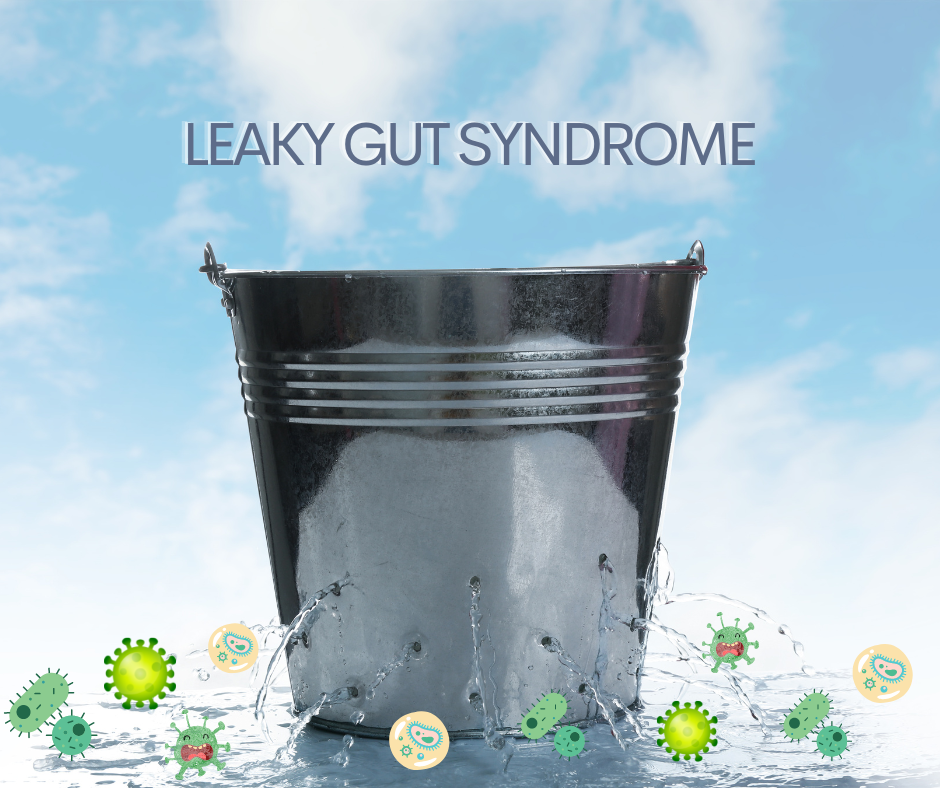
1. Eliminate gut-damaging toxins
Certain foods, drugs, and lifestyle choices have been shown to contribute to leaky gut. Luckily, many of these are easy to avoid. If you want to impact your gut health in a significant way, eliminate as many of these as possible.
- Food sensitivities – Use an elimination diet to figure out your problematic foods. The top triggers are: wheat, dairy, corn, and soy. But also, chocolate, beef, eggs, and nuts often can be problems, too.
- Wheat Gluten – This recommendation to avoid gluten isn’t just for people with celiac disease. A 2015 study found that gluten “increases intestinal permeability in all individuals.” Maybe you just haven’t drawn the connection yet. If you’re going to eat wheat, you better seek out organic, heirloom wheat and grind it yourself.
- NSAIDS – Ibuprofen, Motrin, and Aleve. There’s a time and place where NSAIDS are needed, but these are best used just for occasional use. You don’t want to take them every day, or they can easily lead to a more permeable gut lining. Better find an alternative solution to your pain!
- Alcohol – Of course, it’s fun to have a couple drinks when we go out with our friends. But again, alcohol should be reserved for just occasional use. Otherwise, the excess sugar and glyphosate contamination will damage our gut and the living organisms in it.
- Chronic stress has recently become recognized for its damaging effects. Inflammatory cytokines are triggered the more you stress out, and these cytokines affect what’s going on in the gut microbiome.
- Strenuous exercise can even be taken too far – to the point that the benefits of exercise get outweighed by the inflammation in your gut.
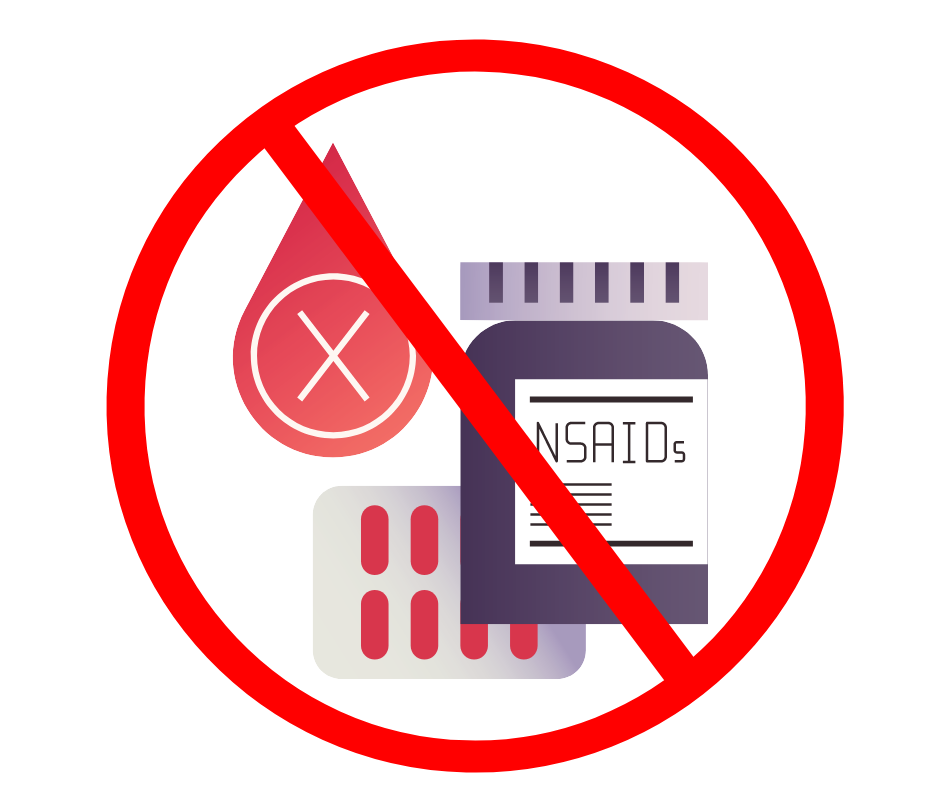
2. Add Gut Detox Binders
These supplements will help your gut repair itself and speed up the elimination of harmful elements.
- Standard Process GI Adsorb – contains clinoptilolite, an adsorbant zeolite mineral, to grab onto toxins in the gut.
- Premier Research Medi-ClayFX – contains a calcium-bentonite clay to promote detoxification. Available in office.
- Cellcore Biosciences Biotoxin Binder – a blend of fulvic acid, humic acid, molybdenum, broccoli sprout and yucca root to remove toxins from the gut.
These supplements grab onto and remove your overall toxin load, which allows your gut to heal more quickly.
The Premier Research and Cellcore products mentioned here are available in-office only. Call and we’ll send to you!
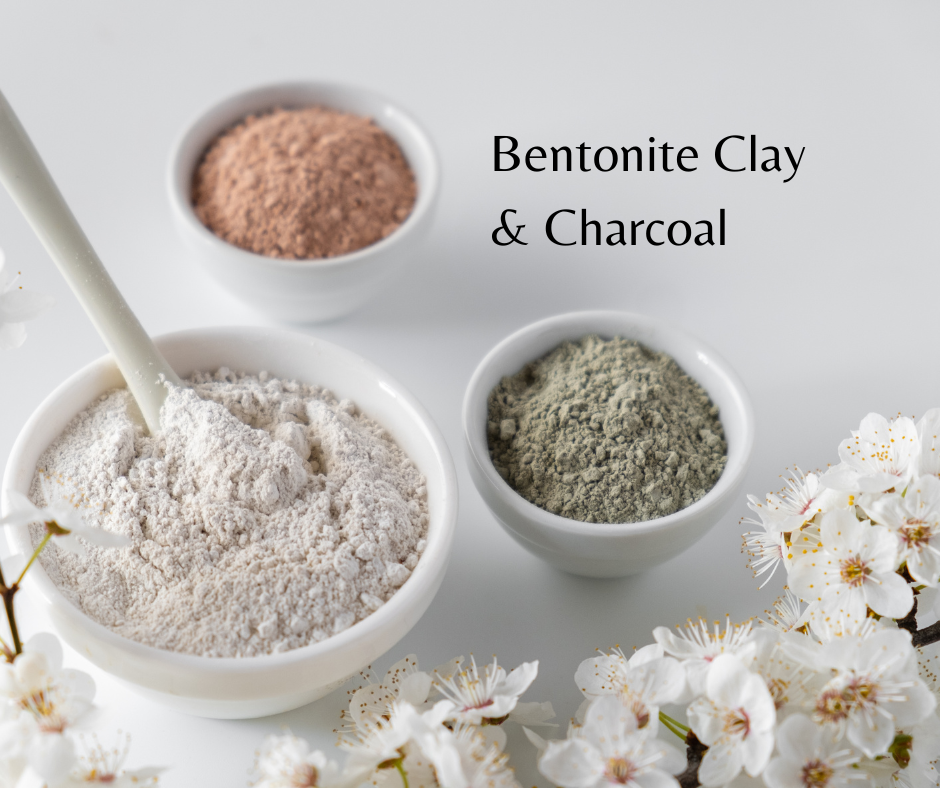
3. Probiotics and Fermented Foods
Probiotics are key to good gut health. If you can increase your consumption of fermented food – that’s ideal. Also, adding high strain count supplements are great for replenishing the beneficial bacteria your gut thrives on. The best strains for healing your leaky gut fast are Lactobacillus casei, Saccharomyces boulardii, and Bifidobacterium species. Recent studies have found that Lactobacillus rhamnosus GG is especially helpful.
This strain of bacteria gets its own spot in the limelight because a recent study just found it is incredibly effective in reducing intestinal permeability. The study found that the mechanisms behind what makes Lactobacillus rhamnosus GG so effective are that it:
- Enhances the gut mucin expression/barrier formation
- Improves cell proliferation
- Reduces apoptosis
These three factors help the gut maintain barrier homeostasis and reduce pro-inflammatory cytokine expression. Before this, other studies have suggested this helpful bacterium reduced leaky gut caused by infection and damage caused cow milk consumption. So, be sure that any probiotics you take have this healing bacteria – your gut will thank you!
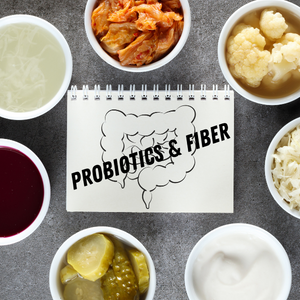
And by the way, we prefer to recommend that you eat living foods rather than simply take a probiotic. Why is that? Because you get a greater variety of probiotic strains, plus the beneficial fiber from the real food. The fiber acts as a prebiotic, which gives food for the living organisms.
Our favorite fermented foods are:
- Coconut kefir
- Coconut milk yogurt
- Kombucha tea
- Kim Chi
- Fermented pickles, and
- Raw sauerkraut.
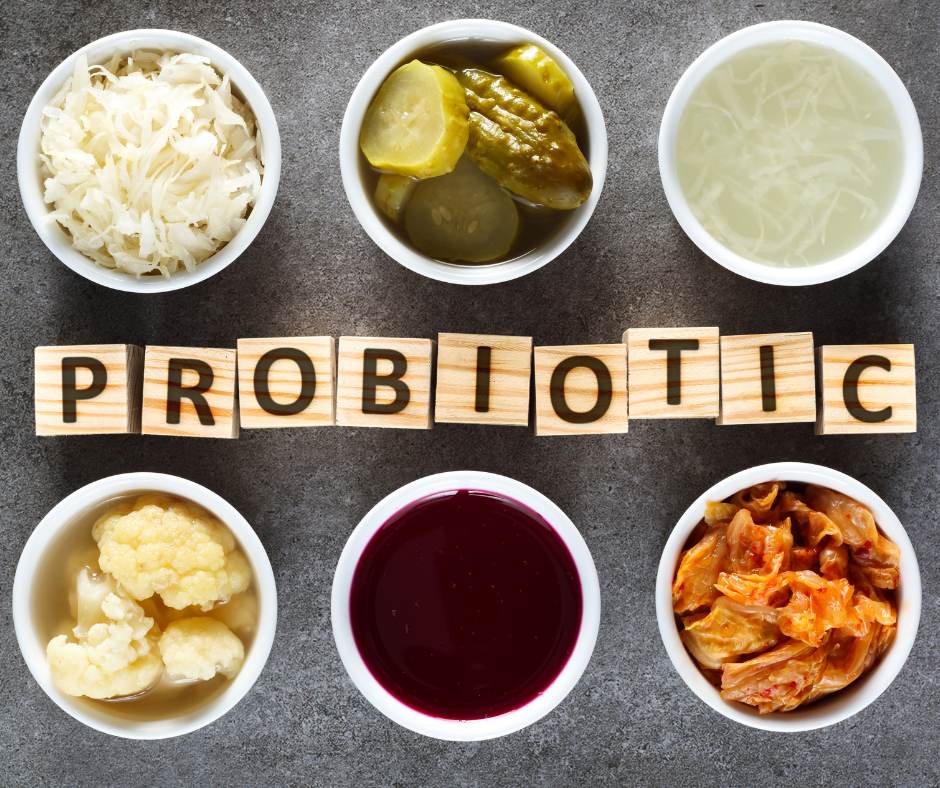
4. Digestive enzymes and HCl
Digestive enzymes and hydrochloric acid help your gut fully digest the foods you eat. This is easy for most people when we’re young. However, as we age, stomach acid production naturally goes down – especially due to chronic stress!
You don’t want to have partially digested, toxic particles floating around and irritating your intestinal lining. That’s why we take supplements, when needed! You can take one or two capsules with each meal to prevent unwanted symptoms.
Our favorite go-to products are:
- Zypan and Hydro-Zyme – these are two similar products that both contain HCl with enzymes and pancreatic support. Great to support anyone’s digestion for a wide array of foods, as long as you don’t have stomach ulcers.
- Multizyme is a wonderful enzyme blend, especially if you suspect intestinal parasites might be present, also.
- Enzycore – our favorite enzyme blend for vegetarians. It has the added benefit of glutamine for gut lining integrity.
- Carbo-G – our best enzyme blend when someone has multiple or unknown food sensitivities. Available in office only.
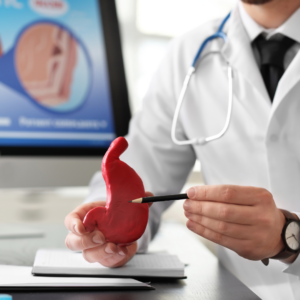
5. Colloidal Silver
Colloidal silver can be taken internally to help get control of the pathogenic organisms that may be overgrown in your gut. If your immune markers (eosinophils, lymphocytes and monocytes) are way off, you might like to spend a week taking a low dose of colloidal silver (we recommend 10 ppm) and calculating your maximum daily dose as follows:
Max # drops per day = (12) (Weight in lbs)/ Concentration in ppm
6. Glutamine
Glutamine is an amino acid that has been shown to be effective in healing leaky gut in numerous studies. It protects your gut lining from future damage and helps you reverse the existing damage.
Supplements we use that contain glutamine include Standard Process Enzycore and Perque Endura Pak Guard. Foods high in glutamine come primarily from animal sources, including:
- Bone broth – depending on your gut permeability you may not be able to tolerate this yet.
- Grass-fed beef
- Chicken
- Eggs
And guess what another benefit of glutamine can be? Improvements in your sugar handling and cravings!
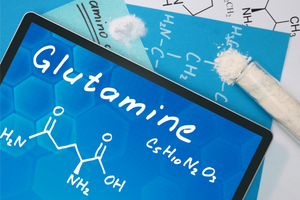
7. Top supplements: Marshmallow Root & Deglycyrrhizinated Licorice (DGL)
Marshmallow root and deglycyrrhizinated licorice are two herbs that help the gut in several ways:
- Stimulate the production of protective mucus
- Decrease inflammation of the stomach lining
- Stabilize the gastrointestinal lining
- Reduce digestive discomfort such as constipation and diarrhea
- Improve acid function
This potent combination of herbs will help support your stomach while it heals. Our Seal Up the Leaky Gut tonic combines both of these herbs along with Gotu Kola, Chamomile and Calendula for tissue healing. Available in office.
8. Quercetin
Quercetin is a bioflavonoid that naturally stabilizes mast cells and reduces the amount of histamine these cells release. It significantly reduces inflammation and further damage to the gut lining. Quercetin also tightens up the intestinal barrier and function, which essentially helps to “seal” the leakiness.
What foods give you a natural supply of quercetin? I’m glad you asked! You’ll want to get in plenty of:
- Capers are #1!
- Elderberry juice
- Cilantro
- Yellow and Red Onions
- Radiccio
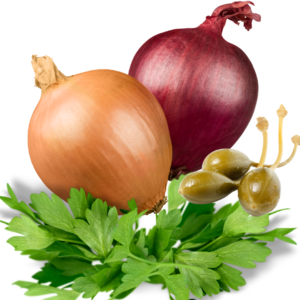
9. Vitamins A and D
Vitamins A and D help your body secrete Immunoglobulin A, which is critical to your immune system function and mucous membranes.
Vitamin A supports mucus membrane function in the gastrointestinal tract. It has been shown to support immune function in general, and specific defense to certain organisms in the gut, such as Giardia, Blastocystis and Dientamoeba fragilis.
Vitamin D supplementation has been demonstrated to maintain intestinal integrity, also. Crohn’s disease patients were treated with vitamin D 2000 units daily for 3 months. They were found to have more intact gut linings than those treated with placebo. They also had reduced evidence of inflammation, measured by C reactive protein and antimicrobial proteins. (United European Gastroenterology Journal, 2015).
Guess what supplement we love that contains Vitamins A and D in a naturally occurring ratio? That’s right – Cod Liver Oil! It’s one of our mainstays when we’re working on improving gut health and healing leaky gut.
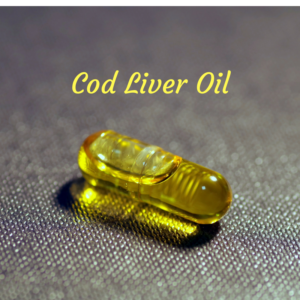
Takeaways
- It’s time to get work making sure your gut lining is as healthy as can be. If you don’t do anything and your gut remains leaky, undigested particles are able to escape into your bloodstream. Your immune system reacts by sending out waves of inflammation to attack the foreign invaders. This chronic state of high alert causes your immune system to become overstressed and inefficient. Eventually, this may develop into an autoimmune condition if your leaky gut syndrome is not addressed.
With so many easy things you can do, there’s really no excuse! Better start today!


